Progressive political agenda:
"An adequate land policy" with "sanitary & comfortable housing," as Frederick Newell stated it in 1919.
 |
"Leopold believed that American intellectual history, education, and bureaucratic practices concerning the environment had produced a generation of self centered individuals who misunderstood how the demands of society and economics competed with and unraveled the landscape's biotic integrity." |
Aldo Leopold |
|
[Siry, pp. 126-127.]
". . . waters , like soil, are part of the energy circuit. Industry by polluting waters or obstructing them with dams, may exclude the plants and animals necessary to keep energy in circulation."
". . . not merely soil; it is a fountain of energy flowing through a circuit of soils, plants, and animals."
"like a slowly augmented revolving fund of life."
"If the biota, in the course of aeons, has built something we
like but do not understand, then who but a fool would discard seemingly useless parts? Keep every part. . . "
[Siry, p. 131]
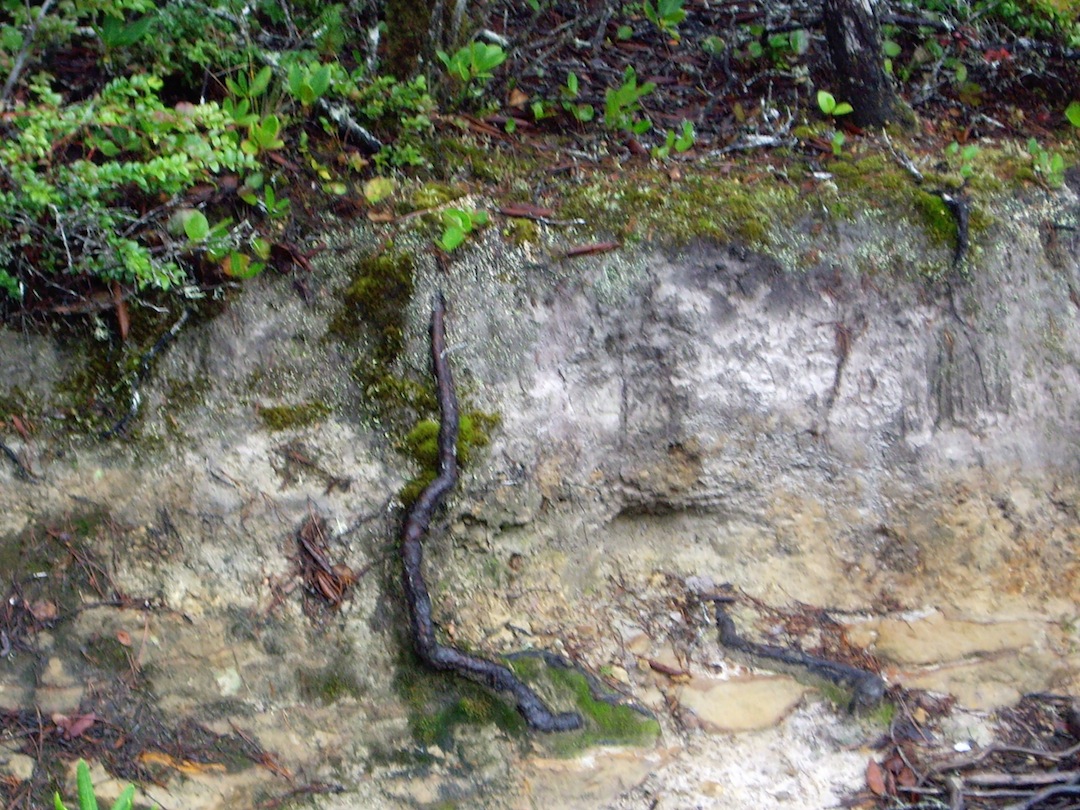
The clay soil here impedes water percolation and stunted vegetation dominates this ground.
He possessed a "sensitivity to the mood of the land."
Aldo Leopold had the great fortune of being employed in a profession that he loved; studying wildlife as the quintessential expression of nature's enduring capacity for self-renewal.
He came sufficiently after Charles Darwin to have benefited from an fundamental conception that unified what he saw as the predator and prey relationship that was for him a basic discovery that revealed a flaw in the important but insufficient concept of W. J. Mcgee concerning the conservation of natural resources. Instead of seeing human well-being as the sole measure of effective predator control, Leopold peeked past the veil of prevailing land protection policies and argued for a substantive change in direction.
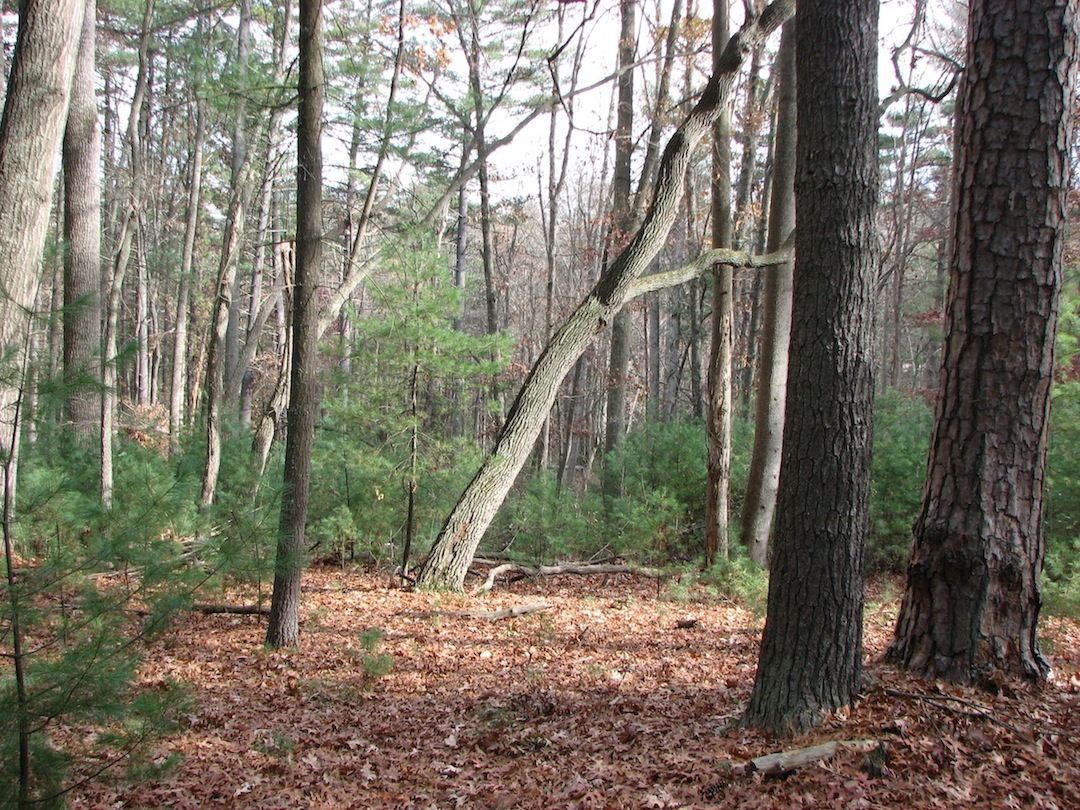
He marks a seriously profound and insightful departure from the widespread norms of the 1920s and 1930s in soil and water conservation because he began to envision animals as the indicators of a more predictive measure of the ecological integrity and thus human health of natural areas such as forests, or marshlands.
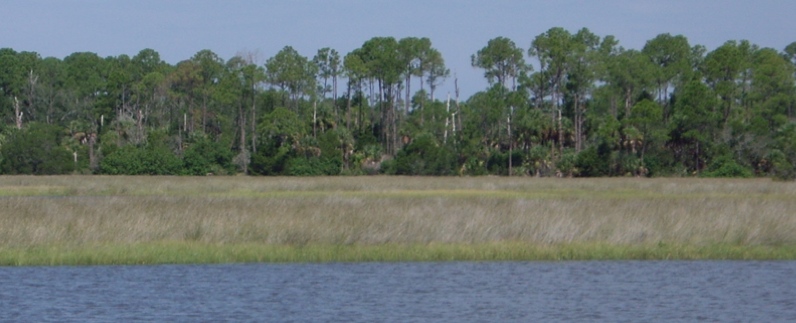
The great insight he shared in "Thinking Like a Mountain," or in "Marshland Elegy," or in "Round River" are testimonials to how we learn from our mistakes to uncover the usually hidden reserves of natural arrangements between non-living habitats and their flourishing biological communities.
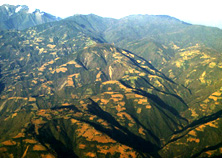
"the complexity of the land organism"
Trophic refers to the feeding chain in an ecosystem
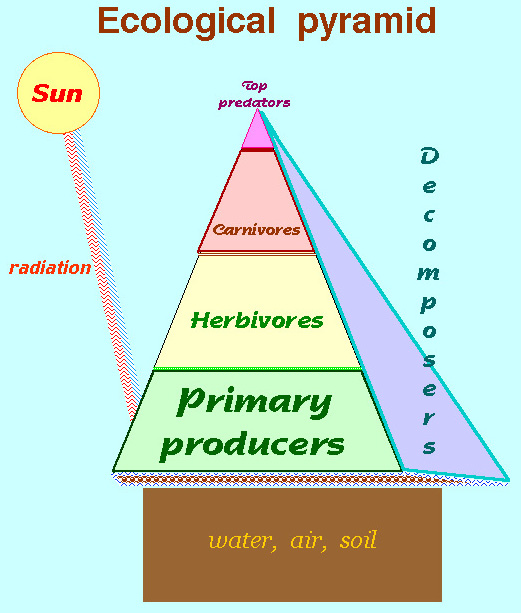 |
"chains of dependency"
[p. 127] |
Leopold was a contemporary of Arthur Tansley who in 1934 argued for "trophic-dynamic" concept in quantifying ecological relations among members of a biological community. Tansley applied quantitative concepts based on who produced what for whom, and who consumed those products of plants and bacteria, so that predators could -in turn- consume the consumers!
The idea was that the landscape was actually a set of layered relations (trophic levels) where one element depended on the other elements for the recycling of limited chemical compounds needed for existence and the water that had to be moved in sufficient quantity and of a necessary quality, for its distribution and timing to meet the needs of all the producers and consumers in a biocoenose or biotic community. |
Aldo Leopold would take that idea of a biotic community and make it the cornerstone of his new vision of how nature endured, despite human interference, in spite of natural cataclysms, or regardless of the environmental resistance that is found in every habitat where life struggles to accumulate the necessary nutrients to get a foothold and transform the surroundings into a suitable niche within which to maintain a reproducing population.
He called his vision a "maze of services and competitions, piracies and cooperations." [Siry p. 127] And such a successful coevolution of animals and plants he called "the wisdom of biotic navigation."
He detected that a more refined "taste for country" like an aesthetic appreciation for landscape was a matter of "our ability to perceive quality in nature."
p. 128.

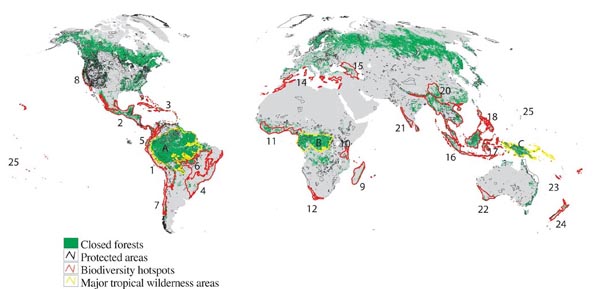
Basic laws of ecology

Marshes of the Ocean Shore








